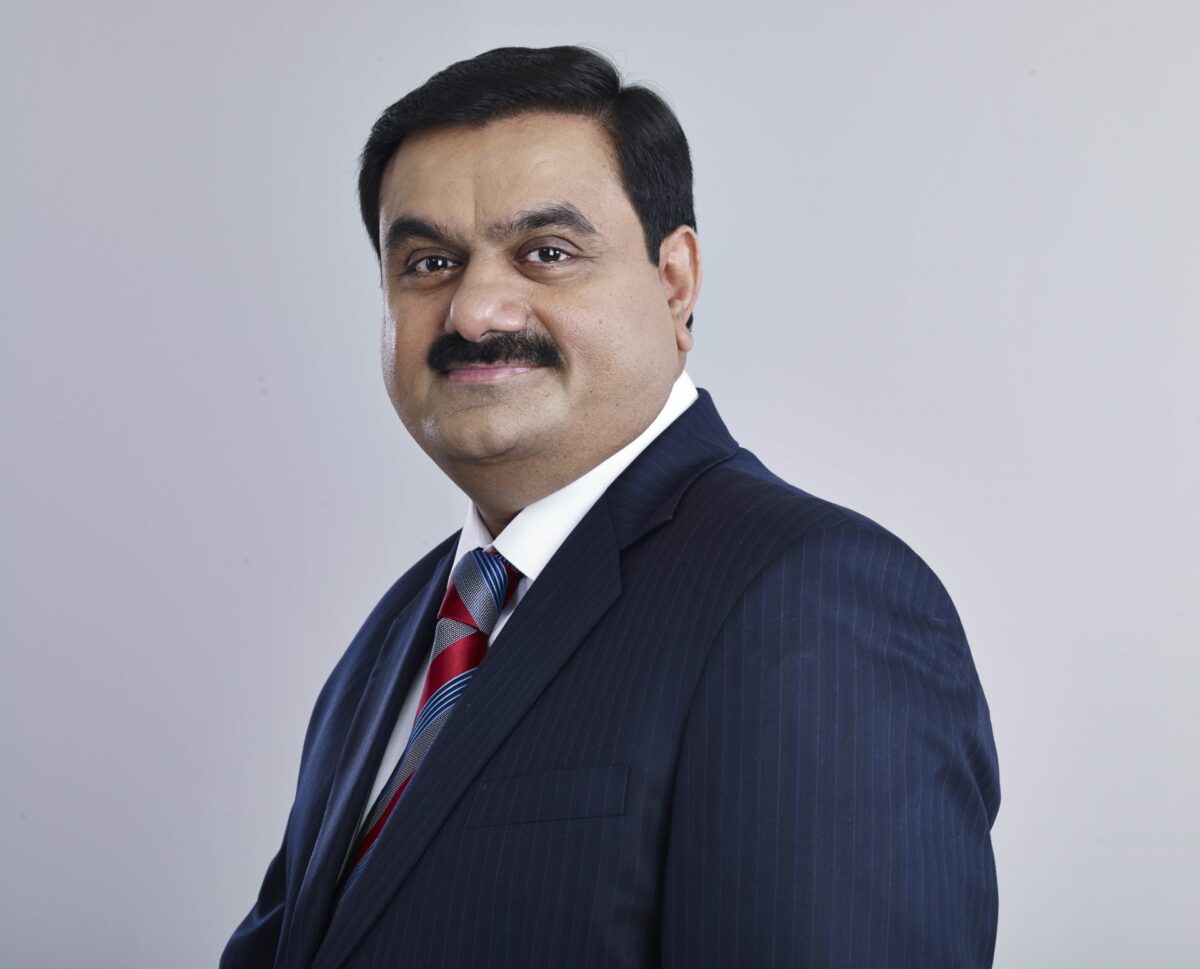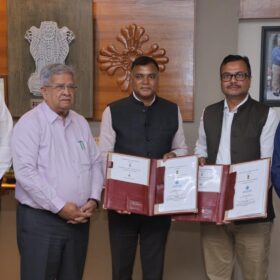Adani Enterprises Ltd (through its arm Adani New Industries Ltd), Adani Ports and Special Economic Zone Ltd (APSEZ), and Ambuja Cements Ltd have joined the World Economic Forum’s ‘Transitioning Industrial Clusters’ initiative. This initiative aims to enhance collaboration and align the vision of co-located companies to drive economic growth, generate employment and advance decarbonisation by 2050.
The three companies together form the Adani Mundra Cluster.
“By joining the World Economic Forum’s Transitioning Industrial Clusters initiative, the signatories will have the opportunity to collaborate with global industry peers, think-tanks, policymakers and experts to pioneer innovative approaches towards decarbonization,” said Karan Adani, Managing Director of APSEZ and Director of Ambuja Cements. “The Adani Mundra Cluster aspires to become an integrated green hydrogen manufacturing hub, helping to decarbonise the hard-to-abate sectors of the Indian economy and reduce the country’s dependency on energy imports.”
Recognised as India’s largest port, Mundra has become a dynamic hub for companies across diverse sectors, ranging from advanced solar module and wind turbine manufacturing to the challenging-to-decarbonise cement production.
APSEZ has committed to powering all its port operations with renewable electricity by 2025, with a target of achieving net-zero emissions as early as 2040.
The upcoming Ambuja unit in Mundra also aims to be the lowest-emission-intensity cement production facility globally, aligning with the company’s goal of achieving net-zero by 2050.
Additionally, the Adani Mundra Cluster will become one of the world’s largest integrated green hydrogen hubs, with a planned capacity of 1 million metric tonnes per annum (mmtpa) of green hydrogen production by 2030, expanding up to 3 mmtpa by 2040. This will be supported by a fully integrated value chain comprising 10 GW of solar modules, 5 GW of wind turbines and 5 GW of electrolyser manufacturing capacity, alongside associated port infrastructure.
The cluster will also have production facilities for green hydrogen derivatives such as ammonia, further solidifying its leadership in the green energy transition.
The World Economic Forum plays an important role in fostering collaboration among key stakeholders in the cluster and elevating the cluster’s strategy to drive economic growth, employment, and decarbonisation through strategic meetings and in-country workshops.
“We are delighted to welcome the Adani Mundra Cluster to our international community of 23 industrial clusters, as one of the first two clusters in India,” said Roberto Bocca, Head of the Centre for Energy and Materials and Member of the Executive Committee at the World Economic Forum. “By tapping into Gujarat’s significant renewable energy capacity, the cluster is on track to becoming one of the leading green hydrogen hubs in South Asia. Within the Transitioning Industrial Clusters community, Adani Mundra can exchange knowledge with fellow clusters and advance the energy transition.”
This content is protected by copyright and may not be reused. If you want to cooperate with us and would like to reuse some of our content, please contact: editors@pv-magazine.com.









By submitting this form you agree to pv magazine using your data for the purposes of publishing your comment.
Your personal data will only be disclosed or otherwise transmitted to third parties for the purposes of spam filtering or if this is necessary for technical maintenance of the website. Any other transfer to third parties will not take place unless this is justified on the basis of applicable data protection regulations or if pv magazine is legally obliged to do so.
You may revoke this consent at any time with effect for the future, in which case your personal data will be deleted immediately. Otherwise, your data will be deleted if pv magazine has processed your request or the purpose of data storage is fulfilled.
Further information on data privacy can be found in our Data Protection Policy.